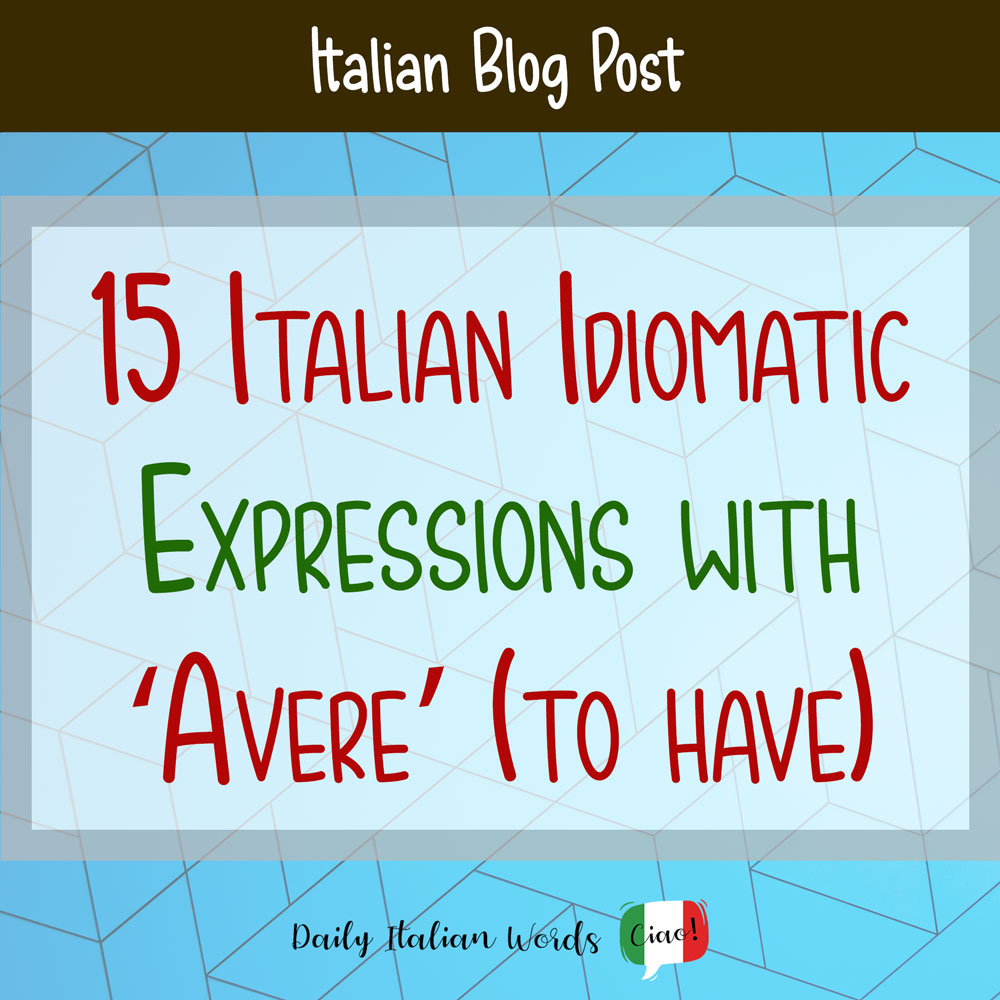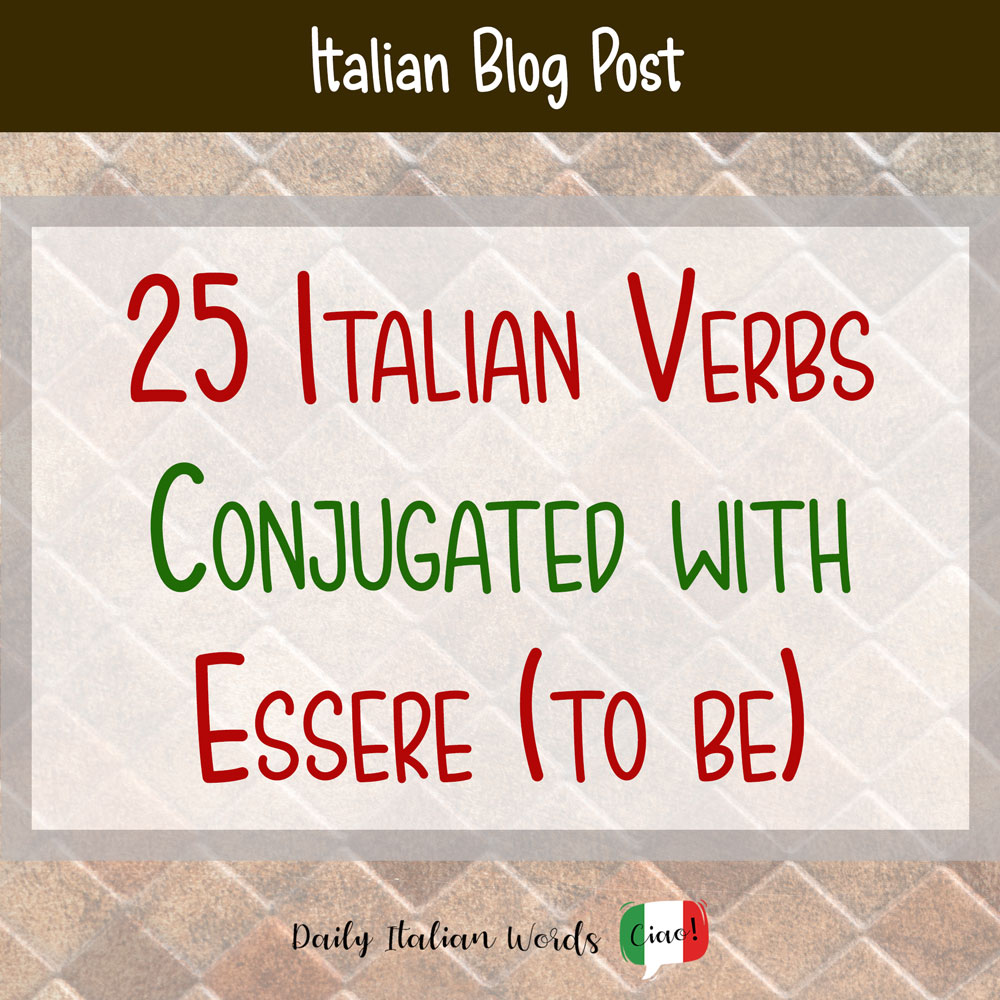6 Ways to Say “Goodnight!” in Italian
Knowing how to say goodnight is an important first step when learning Italian, or any language for that matter. Here are six of the most common greetings that Italians use on a daily basis! 1. Buona notte! / Buonanotte! The first way of saying goodnight in Italian that all learners will encounter sooner or later …






